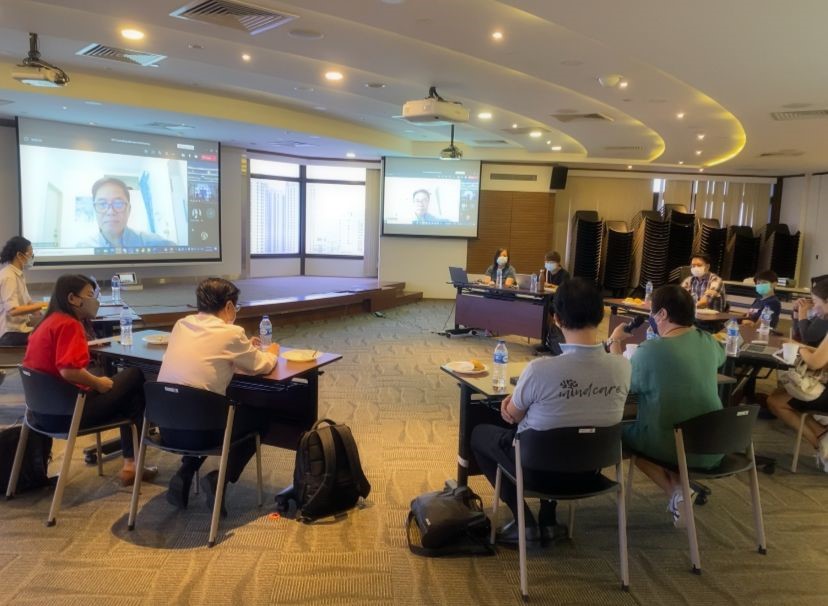Preparing to be a Clinical Supervisor?
05/04/2022 | By: Dr Charles Sim, PhD
 May I invite you to imagine for a moment your best encounter with a clinical supervisor: “What supervisory qualities did that particular supervisor possess?”
May I invite you to imagine for a moment your best encounter with a clinical supervisor: “What supervisory qualities did that particular supervisor possess?”
Some of you may describe a good clinical supervisor as one who is warm, genuine, caring, empowering, and supportive; with good listening, clinical and supervisory skills; emotionally attentive and responsive; and has the ability to create a trusting, safe and accepting supervisory environment.
And my follow-up question is: “Are these supervisory qualities a given? Meaning, do they come naturally when one is appointed as a clinical supervisor, or are they acquired through systematic training and practice over time?”
Perhaps, the answer is not one or the other, but rather both, “nature and nurture.” And I believe, good theoretical and practical knowledge, as well as wisdom/insights are gained over the years a person serves as a clinical supervisor. To be a competent or “good enough” clinical supervisor, one has to invest time and energy to learn the competencies and best practices, including the art of clinical supervision.
According to research, there are commonalities in supervision that cut across the various social, mental, and health professions. These include the essential elements such as learning how to establish good supervisory relationship/alliance, roles and functions of a supervisor, supervision modals, organising the supervision experience, professional responsibilities and ethical issues, and evaluation in supervision.
However, what have been missing all these while in clinical supervision is the focus on the “person-of-the-therapist/supervisor” (POTT/S), supervision pedagogy, and the aspect of integrating spirituality in supervision. And to address these gaps in didactic clinical supervision, a new self-directed online course, Essentials of Clinical Supervision (ECS), was developed for this purpose by UniLEARN-SUSS. This ECS course also covers other essential elements of clinical supervision. I hope that the course will provide a comprehensive and up-to-date theoretical knowledge of clinical supervision to our supervisors-in-training (SITs), clinical supervisors, social workers, counsellors, and psychologists – all of us who seek to be the best clinical supervisor we can ever be.

Feedback from Local and Regional Reviewers on ECS Course:
“The contents are well-rounded and holistic.”
“I liked the comprehensive coverage of different aspects of supervision.”
“This is a structured course that helps me in understanding different areas of supervisory roles and processes from the doing, thinking and feeling.”
“This is a good introductory course for new therapists to get to know what is expected from a supervisor, and for those considering to become a supervisor. I am more confident now in making sure that I get the right kind of supervision from my supervisors in order to benefit from the professional relationship. Previously I did not know that there were such responsibilities in becoming a supervisor.”
“Though I have attended four other supervision courses prior to this course, this course has new information that has never been covered before by other courses, such as the ‘philosophy of supervision’, ‘spirituality in supervision’, ‘transformational learning’ and ‘cognitive shift’. In terms of theory and knowledge surrounding supervision, this is the best course that I have come across.”
About the Author
Dr Charles Sim, PhD
Former Head of Masters in Counselling and Couple & Family Therapy Program at SUSS and current Associate Faculty for Nathan School of Human Development at SUSS
